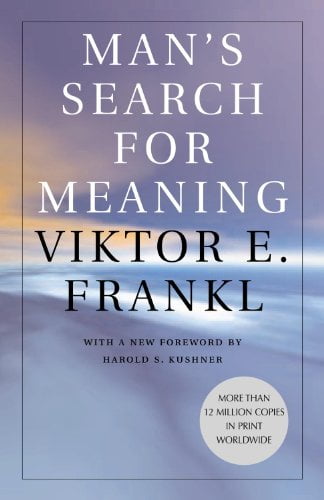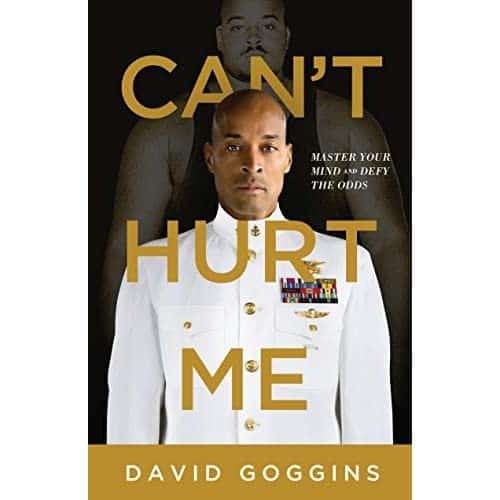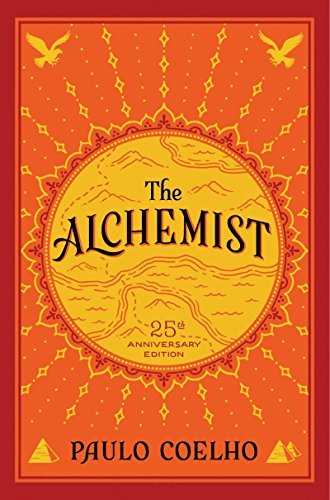The 3 Best Motivational Books You Need to Read
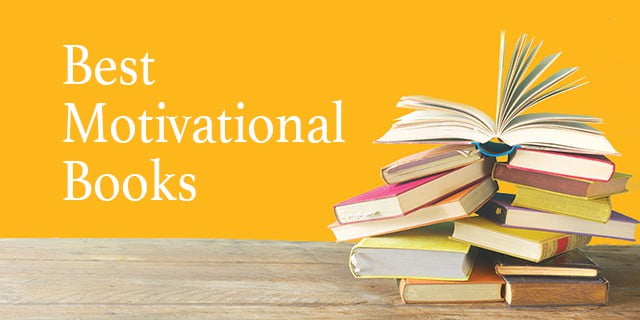
Life is a never-ending battle between trying, failing, picking ourselves up, and learning. Every person who has ever lived has faced this problem, but those who remain in control of their emotions, and keep their eye on the prize, are able to fall and continue as many times as needed until they reach their goal.
Here are the summaries of the three most motivational and emotion-driven stories out there. Pay close attention, because the lessons these stories offer could give you that boost you’ve been looking for.
1) Man’s Search For Meaning - Viktor Frankl
Viktor Frankl was an incredible man who endured unimaginable hardships during the holocaust. He managed to find hope and meaning in life during one of the most catastrophic events in history.
During the holocaust of the 1940s, Viktor Frankl spent three years as a prisoner in the Auschwitz and Dachau concentration camps. His wife, father, brother, and mother all died in these camps.
Yet faced with extreme hunger, brutal forced labor, and unimaginable living conditions, Frankl managed to find hope and meaning during one of the most catastrophic events in human history. It is no wonder, therefore, that his masterpiece “Man’s Search for Meaning”, published in 1946, has sold over 10 million copies around the world.
The book focuses on three key lessons. The first is the lesson that “he who has a ‘why’ to live for can bear with almost any ‘how’”.
Frankl explains the example of a fellow prisoner who came to him with a premonition that he had seen in his dreams that he would be liberated on March 30th, 1945. His friend talked about it non-stop; it was the sole reason for maintaining hope despite the conditions.
Yet on March 29th, with no end to the war in sight, his friend suddenly became ill. On March 30th, the day he believed he would be liberated, he died. To quote the passage from the book: “the ultimate cause of my friend’s death was that the unexpected liberation did not come and he was severely disappointed.
This suddenly lowered his body’s resistance to the latent typhus infection. His faith in the future and his will to live had become paralyzed and his body fell victim to illness – and thus the voice of his dream was right after all”.
Other camp doctors also witnessed a sharp increase in deaths between Christmas 1944 and New Year’s Day, 1945, as many prisoners expected to be home by Christmas. Many lost hope and fell into a permanent sleep.
Lesson two states that love is the ultimate and highest goal to which a man can aspire. For Frankl, it was the thought of seeing his wife who was also a prisoner that kept him going, despite not being sure where she was or whether she was still alive.
The thought of love for children, parents, and partners was among the strongest reasons for prisoners retaining some sense of hope and meaning. Frankl mentions one of his fellow prisoners whose love of science and the need to publish his work kept him going. Often the greatest source of meaning is for other people and things we care deeply about.
The third and final lesson is that when we are no longer able to change a situation, we are challenged to change ourselves.
Before becoming a prisoner, Frankl worked as a psychologist. He wrote of a patient he once had who could not overcome the sadness from the death of his beloved wife. He asked him how his wife would have felt had he been the one to pass. He replied that it would have been terrible for her and she would have suffered greatly. Frankl replied: “you see Peter, such suffering has been spared for your wife and it was you who have spared her this suffering”.
He said nothing, shook Frankl’s hand, and calmly left the office, never to be seen again. To explain this, Frankl surmises: “In some way, suffering ceases to be suffering the moment it finds a meaning, such as the meaning of sacrifice”.
Peter saw meaning in his suffering in that his wife would never have to suffer as he has. Although the terrible situation could not be changed, Peter’s outlook could, and it enabled him to seek meaning in his remaining life.
Your Free Book is Waiting
You’ll Learn:
- How to Create Habits – The Right Way
- Create a Bulletproof Plan to Achieve Your Goals
- Master the Art of Failing
- Rediscover Your Love of Learning
- Instantly Become More Personable
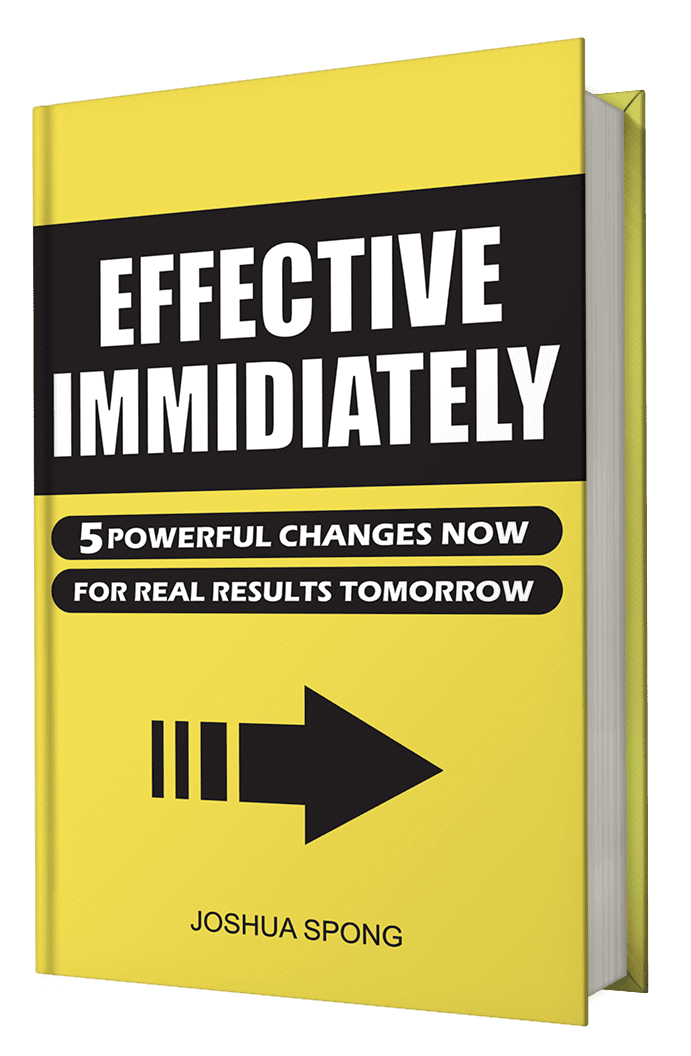
2) Can’t Hurt Me - David Goggins
David Goggins is the personification of grit. After reading his book I was immediately energized with a new sense of inspiration.
Not only did he go through three hell weeks to become a Navy SEAL, he later took to ultra-running and finished a grueling 135-mile race through the notorious Death Valley in the middle of summer for 32 hours straight.
Never one to be satisfied, he also performed 1000 pull-ups each morning en route to breaking the record of 4030 pullups in 17 hours. All this without realizing that he had a hole in his heart which reduced his aerobic capacity.
He credits these achievements to changing his perspective of fear as the book title alludes to. He achieves this by actively seeking fear-inducing and uncomfortable situations to callous his mind.
When training for the pull-up record, the strain on his skin by the friction of the bar created large solid calluses on his palms. These protected his palm by hardening his skin to stop it from tearing whilst also blunting the pain.
He applied the same principle to his mind. When you create mental friction by going against your mind’s constant need for comfort, you can gradually callous over the fear of discomfort and increase your mental tolerance for pain and discomfort. This is similar to how boxers can develop great tolerances against getting punched in the face that would knock most untrained fighters out instantly.
To start callusing your mind you need to seek and crave discomfort. Look for opportunities every day to work beyond your mental comfort zone. If it’s raining outside, go for a run. If the day has been stressful, push your body with a hard workout. If you don’t feel like writing a book, lock yourself into a room and don’t come out until you’ve written 10 pages.
By seeking discomfort, you are not a masochist, as you’re not supposed to enjoy these experiences, but you are seeking to start building your mental resilience. It is a constant battle against your mind’s unrelenting urge to always seek comfort. You have to teach it to tolerate discomfort without overreacting.
It is inevitable, even for the herculean Goggins, that your mind will continually test your ability to seek pain. Here he has found the 40 percent rule, which states that when your mind first tells you you’re done, you’re only 40 percent done.
Once you learn this about yourself, you’ll soon come to realize that this first point of mental rejection is where you are only just starting to tap into half of what you’re truly capable of. You haven’t even begun to use your reserve tank yet.
This has even been backed up by scientific studies of athletes who were worked to the first urge to quit. Studying the muscles at this point found the muscles still had plenty of capacity left. Instead, it can only be the mind telling the body to stop in a bid to avoid potential muscle damage.
Goggins had a very difficult upbringing, being subject to traumatic childhood events including an abusive father and rampant racism that shattered his self-confidence during his early adult life. He settled for a life cleaning cockroaches from restaurants at night to avoid contact with others.
But by avoiding imminent pain, such as dedicating time towards building a better career and making something of his life, his internal pain grew as he became increasingly unhappy with his life. He spent his youth spraying cockroaches and then rewarded himself with shakes and donuts until he became overweight and couldn’t bear to look at himself in the mirror.
Eventually, the internal pain from these fundamental issues grew larger than the short-term pain involved in remedying them, such as regular exercise and quitting his job. From there he never looked back and used pain as a powerful tool to grow.
3) The Alchemist - Paulo Coelho
Normally all the books I focus on and recommend are non-fiction; so this book is unusual in that it is fiction. That goes to show just how incredible Brazilian author Paulo Coelho’s masterpiece is, in that there are so many life lessons and so much wisdom available in his gripping story.
Having now sold over 70 million copies, and having set the record for the most translated book by a living author, The Alchemist manages to master both literature and self-improvement.
The story begins with a young Spanish shepherd, Santiago, who has a recurring dream where he sleeps under a tree near an old church. In his dream, a child tells him that he must go to Egypt to find the great treasures hidden among the pyramids.
Coincidentally, another person, an older man named Melchizedek, also tells him of the treasure hidden in the pyramids, using the term “Personal Legend” to explain what Santiago must do.
The “Personal Legend” is the first lesson we can all take from this book – the notion that we all have something important that drives our motivation and fulfillment in life. For Santiago, it was represented as a hidden treasure, but for us, it could be family, career, hobby, or passion.
Once you begin and truly believe in your Personal Legend, the whole universe will conspire to make it happen. But that doesn’t mean you’ll be without difficulties, as Santiago finds out in his quest to obtain the treasure.
Partway through his journey Santiago arrives in Morroco, where he is out of his depth in a new culture and language. Being easy pickings as a young foreigner, his remaining money is stolen. Scared and without any resources, he decides to head home.
But remembering what Melchizedek told him, along with his recurring dreams, he digs deep and stays committed to his Personal Legend and finds a job with a local merchant who is battling his own Personal Legend.
Santiago and the merchant work well together and soon make a lot of money. Santiago continues with his Personal Legend and continues to Egypt, while the merchant fails to commit to his Legend for fear of failure.
This is where the second lesson of this novel lies: You must chase your dreams, even when you’re afraid of the unknown path ahead. Fear is the biggest thing in stands in the way of you living the life you want to live, and only by beating it can you live life to the fullest.
The final part of the story takes Santiago to Egypt where he meets an old Englishman who tells him of a powerful Alchemist. Eventually, Santiago and the Alchemist meet, and Santiago becomes his student.
Using his new skills learned from the Alchemist, he reaches Egypt and finds the treasure, only to be beaten and robbed by someone who had their own visions and Personal Legend.
I won’t spoil the end for you, as you can only discover this masterpiece once. But the book gives a powerful illustration of the power of commitment and how we must pick ourselves up every time we fall if are to complete our Personal Legend. With faith and determination, the universe will guide us to where we need to be.
Conclusion
These three books will take you through some of the most extreme highs and lows humans can face. Emotion is the most powerful force to act upon the mind, yet these three stories show the importance of managing it.
Having read these, you will better understand the trials and tribulations we must all face if we are to achieve greatness. While this may sound scary, the rewards make up for it a thousand times over. Always keep this in the back of your mind.
Other book reviews you might enjoy:
3 Must-Read Books To Manage Your Emotions

The Science Of Willpower, And Why You’re Struggling With It.
Willpower is limited, in the sense that it cannot be reliably called upon all the time. Understanding when we should and should not rely on willpower ensures we remain on track.

Is ADHD Behind Rejection Sensitive Dysphoria (RSD)?
Rejection sensitivity, and its unofficial diagnosis RSD, is thought to be related to ADHD, often mistaken as a symptom. But rejection sensitivity can be treated.
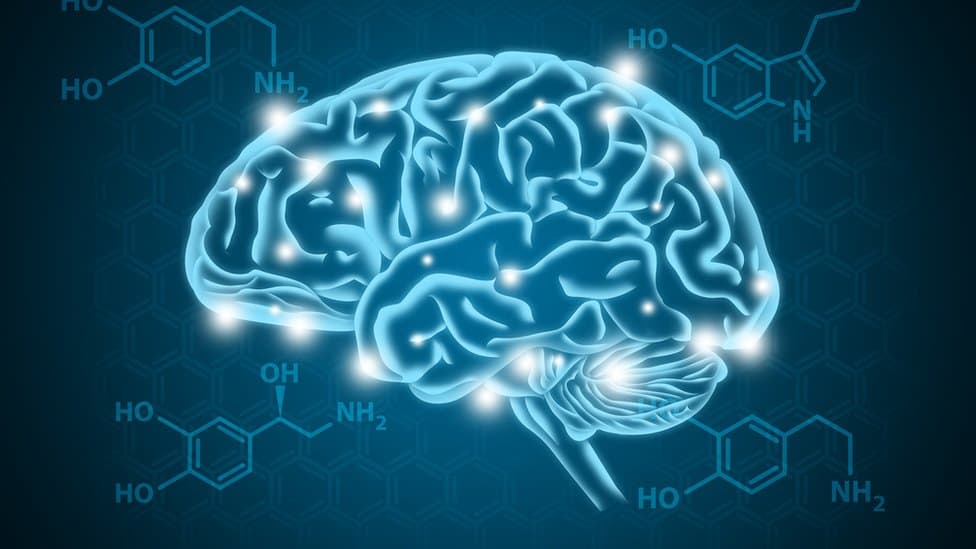
Dopamine Detox – 5 Ways to reset your Dopamine back to Healthy Levels
Too much dopamine can be a bad thing; overindulgence will lead to lower motivation, addiction, and even depression. Learn how to dopamine detox with these 5 activities

The Benefits of Grounding – What The Science Says
The benefits of grounding have been scientifically studied and include reductions in inflammation, diabetes, and stress.
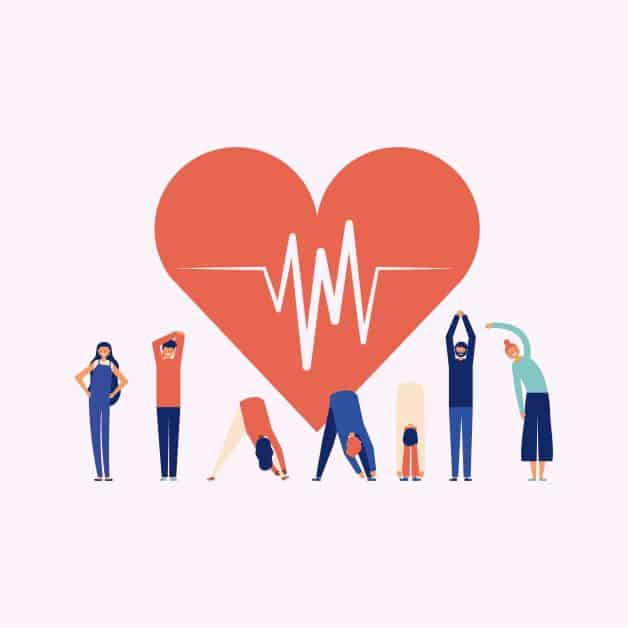
8 Easy Evidence-Based Changes for a Healthier Lifestyle
Maintaining physical health is a lifelong endeavor, but there are some easy evidence-based activities that can be implemented immediately for a healthier lifestyle.

3 Must-Read Books to Boost Your Social Skills
Humans are unpredictable by nature, so boosting our social skills is one of the strongest weapons we can use for successful communications. Here are 3 of the best books on social skills.
